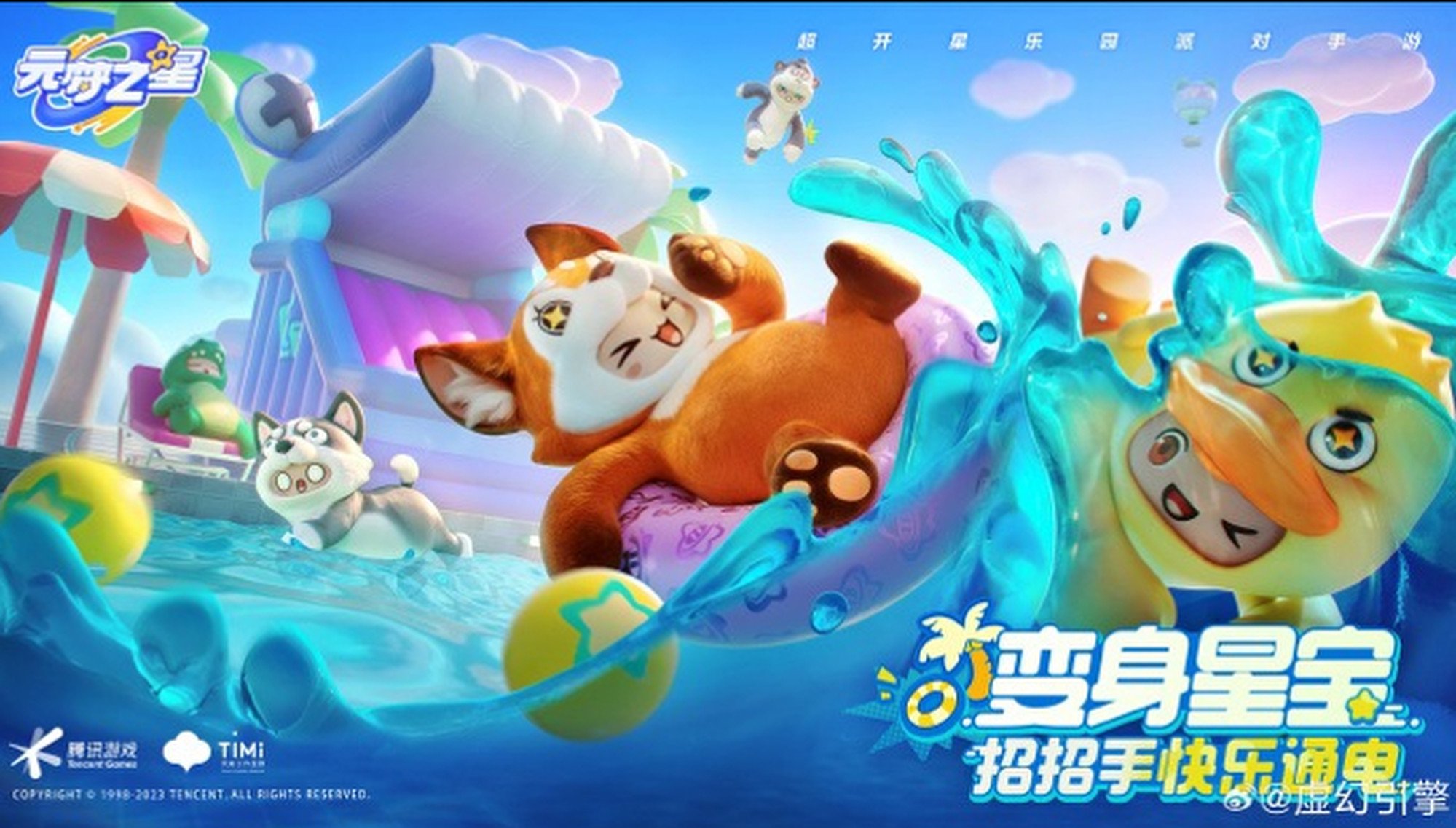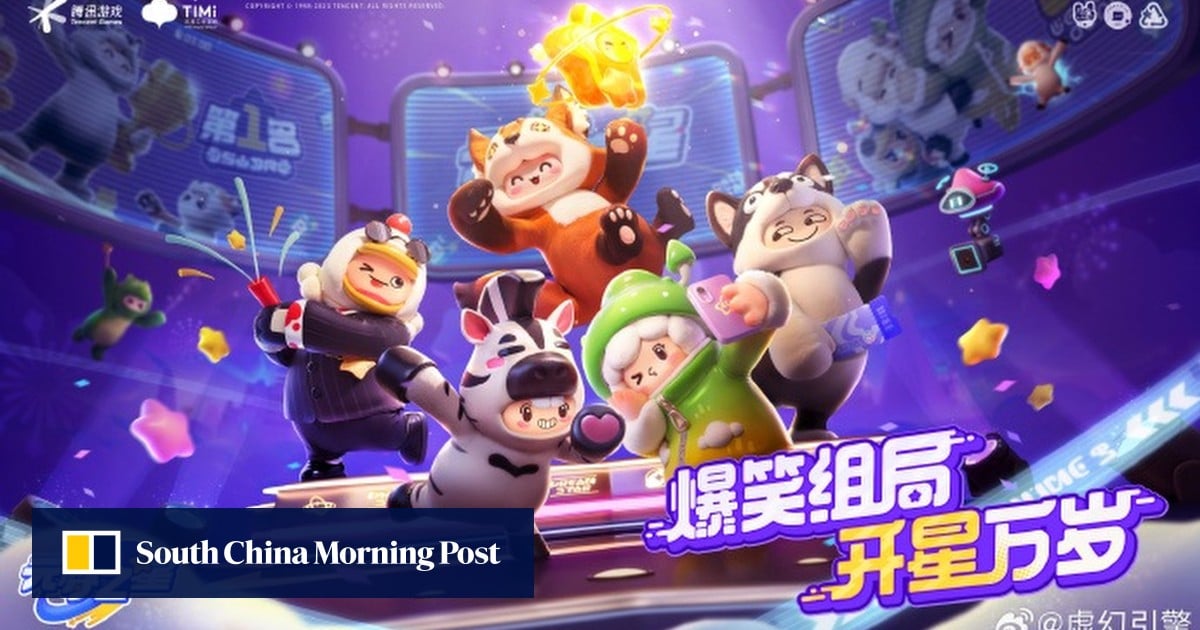Tencent Holdings has launched its eagerly awaited casual party game Dream Star in a direct challenge to a similar title by rival NetEase, as the world’s biggest video game publisher looks for its next blockbuster to fend off rising competition.
Dream Star, a mobile game where players can compete through obstacle courses with their friends, went live on Friday, after over 50 million users registered their interest through a reservation system.
Tencent, operator of China’s biggest social media app and the world’s largest gaming business by revenue, is pitting Dream Star against NetEase’s Eggy Party, a game in the same genre that was launched in China in May 2022. Eggy Party became a surprise hit with a relatively small budget, counting 500 million user registrations as of December 8 and 100 million monthly active users as of August.
Shenzhen-based Tencent is pinning high hopes on the new title and has pledged 1.4 billion yuan (US$197 million) for the game in its first phase of investment, mostly on an incentive scheme for content creators. Funds will also be used for the establishment of an esports ecosystem for the game, according to an earlier launch event.
Tencent is up against tough competition from domestic rivals, with Shanghai-based miHoYo, developer of Genshin Impact, seen as a rising star.

Zhang Shule, an analyst with CBJ Think Tank, said domestic gaming companies face a “critical moment to grab the top spot” in the party games genre, and that the Chinese Lunar Year holiday could be an important period for companies to “achieve explosive growth”.
“The exploration of casual games was insufficient in the past, and the formats were relatively simple,” said Zhang. “Eggy Party caters to the psychological needs of players, forming a breakthrough in the genre.”
League of Legends ‘makes world warmer’: Chinese game makers tout ‘social values’
League of Legends ‘makes world warmer’: Chinese game makers tout ‘social values’
This week, NetEase rose to become the fourth-largest Chinese internet company by market cap, ranking after Tencent, PDD Holdings, the owner of Pinduoduo marketplace in China and Temu overseas, and e-commerce titan Alibaba Group Holding, which owns the South China Morning Post.
NetEase is seeing faster growth in its video games business than Tencent. In the third quarter its gaming-related revenue recorded year-on-year growth of 16.5 per cent, nearly double Tencent’s growth, although the size of the business is roughly half that of Tencent’s in the period.
Tencent plans to leverage the vast user base of its social media platforms – including WeChat and QQ – to attract users to Dream Star, which allows players to team up with friends in the game.
“Party games are naturally social, and social networks are one of the most important ways to expand their user base,” Yang Aili, analyst at China Securities, said in a note earlier this week.
“We expect Dream Star to expand its user base quickly by utilising Tencent’s social products, and eventually stand out from the competition in the long run,” Yang said.
Meanwhile, smaller-size domestic gaming studios, including Lilith Games and Hypergryph in Shanghai, are also working on their own party games. In November, Lilith Games began closed testing for a title that translates to “Life Party” in English, 18 months after it secured a licence from domestic regulators.

